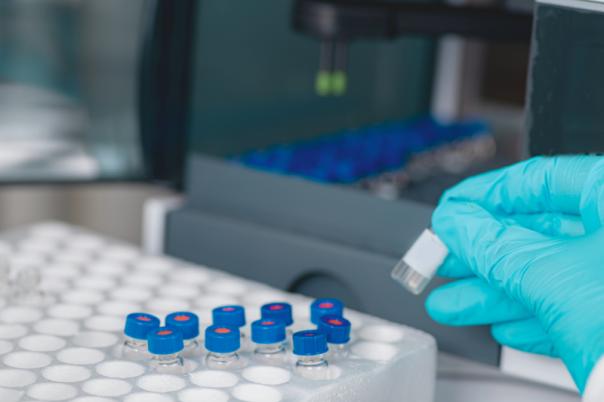The drug development process is highly inefficient, with less than 1% of compounds making it to market. The high failure rate has been attributed to poor drug exposure at the target site, which leads to efficacy failures in clinical trials. Another major issue is poor patient adherence; many patients with chronic conditions do not take medication due to a fear of adverse effects.
Ijeoma Uchegbu, Professor & Chair in Pharmaceutical Nanoscience at UCL, is investigating how scientists can use nanotechnology to repurpose, reformulate, and redirect drugs to target areas. She discussed hard-to-reach areas such as the brain, bladder, and retina.
To deliver to the brain, the ideal molecule should be less than 400 Daltons and have a lipophilic character and very few rings. However, most drugs, especially nucleic acids, are a million daltons, highly hydrophilic, and very labile. Many pharmaceutical companies have exited the neurological space due to delivery complications and poor efficacy. Uchegbu explained that neurological conditions are predicted to become more predominant in working-age populations.
An intracranial tumour model showed that silencing the ITCH gene would lead to more apoptosis. The ITCH protein tends to degrade the P73 protein, causing cancer cells to die. As a result, it should be possible to measure a pharmacological effect with these intracranial tumours.
To test this theory out, Uchegbu began delivering different formulations through the nose of animals. Gemcitabine is an anti-ITCH RNA that switches off the ITCH gene, which then allows P73 expression. The team found that turning off the ITCH gene alone did not give the desired effect, but the combination of gemcitabine and siRNA ITCH prolonged animal survival by over 70%.
Triple negative breast cancer has an abysmal survival rate, and it is hard to treat with HER2 therapies. CD44 receptors are upregulated in this particular cancer. Uchegbu highlighted her new oncology platform targets triple-negative breast cancer using albumin-based nanoparticles loaded with paclitaxel. Using nanoparticles, targeted delivery to cancer stem cells via CD44 receptors was achieved, leading to significant tumour regression in mouse models.
Uchegbu also briefly highlights the commercialisation efforts conducted by her company, Nanomerics. She has developed an active excipient-based approach that seeks to enhance drug targeting and bioavailability. Finally, Uchegbu closed by reiterating the importance of delivering nucleic acids to the brain and highlighting the usefulness of UCL's oncology platform in targeting cancer cells.





